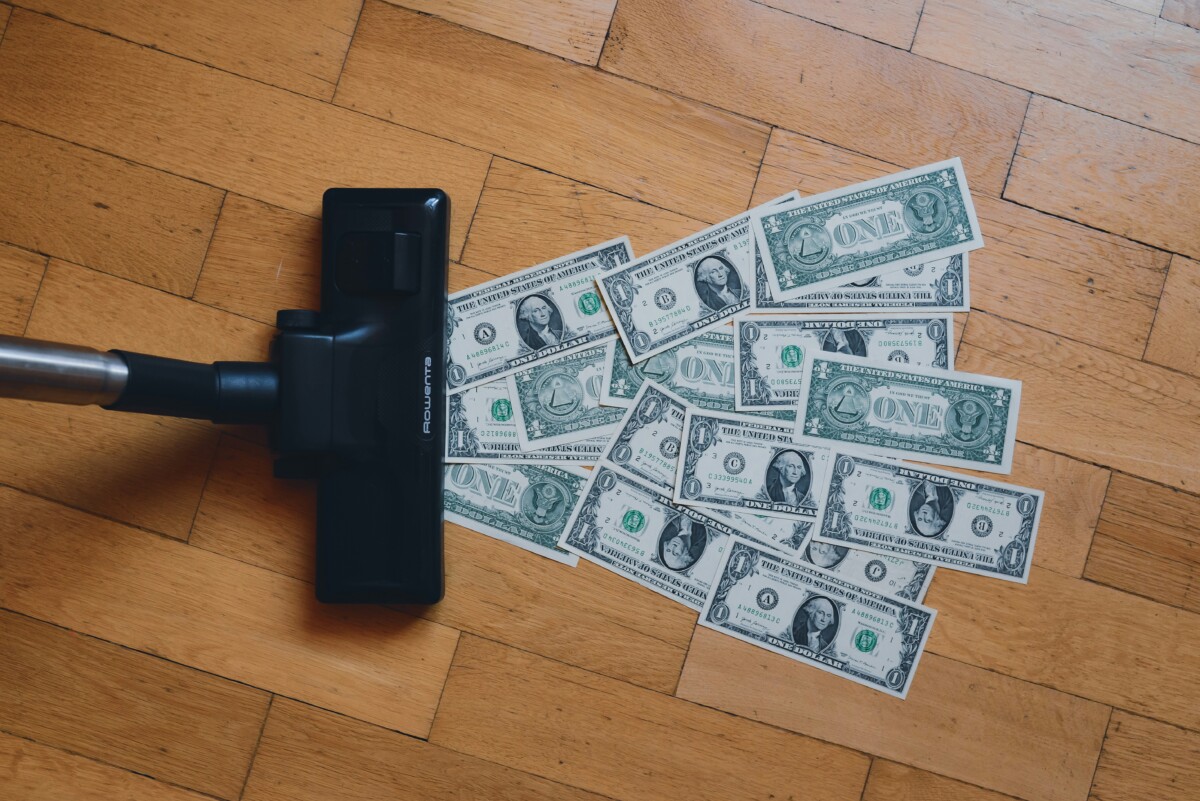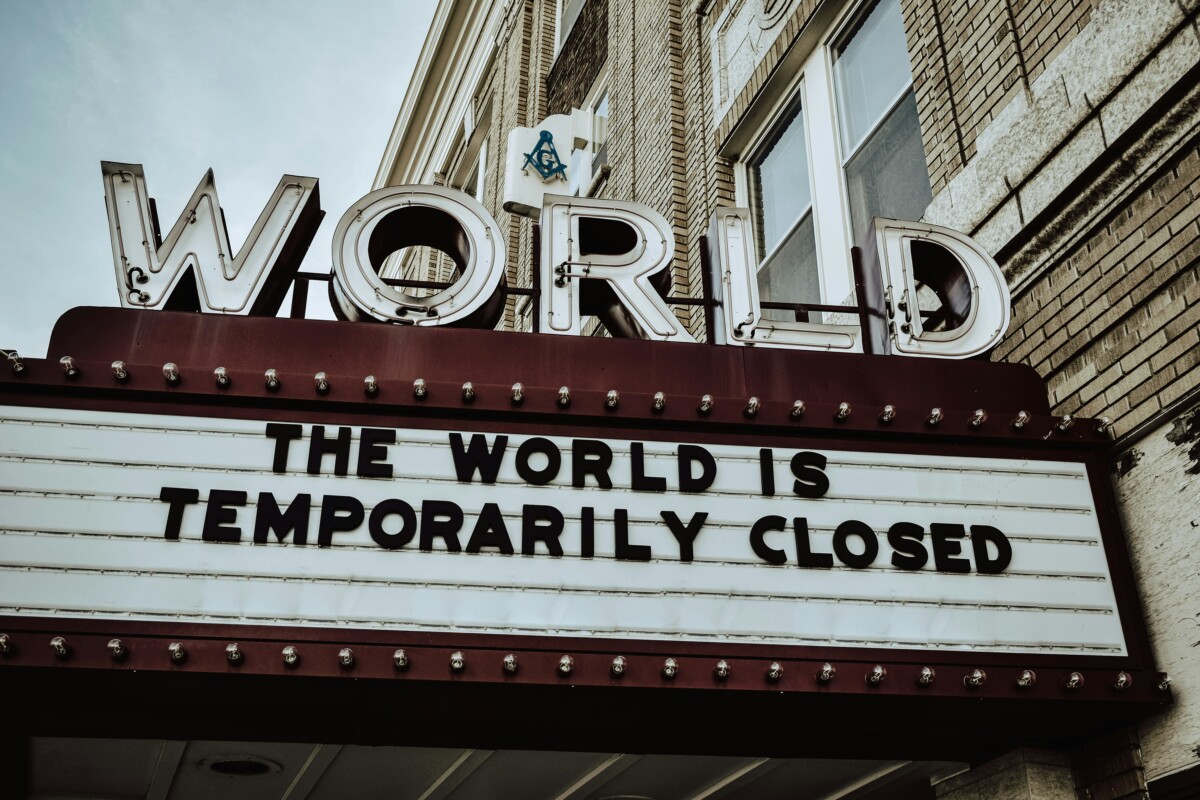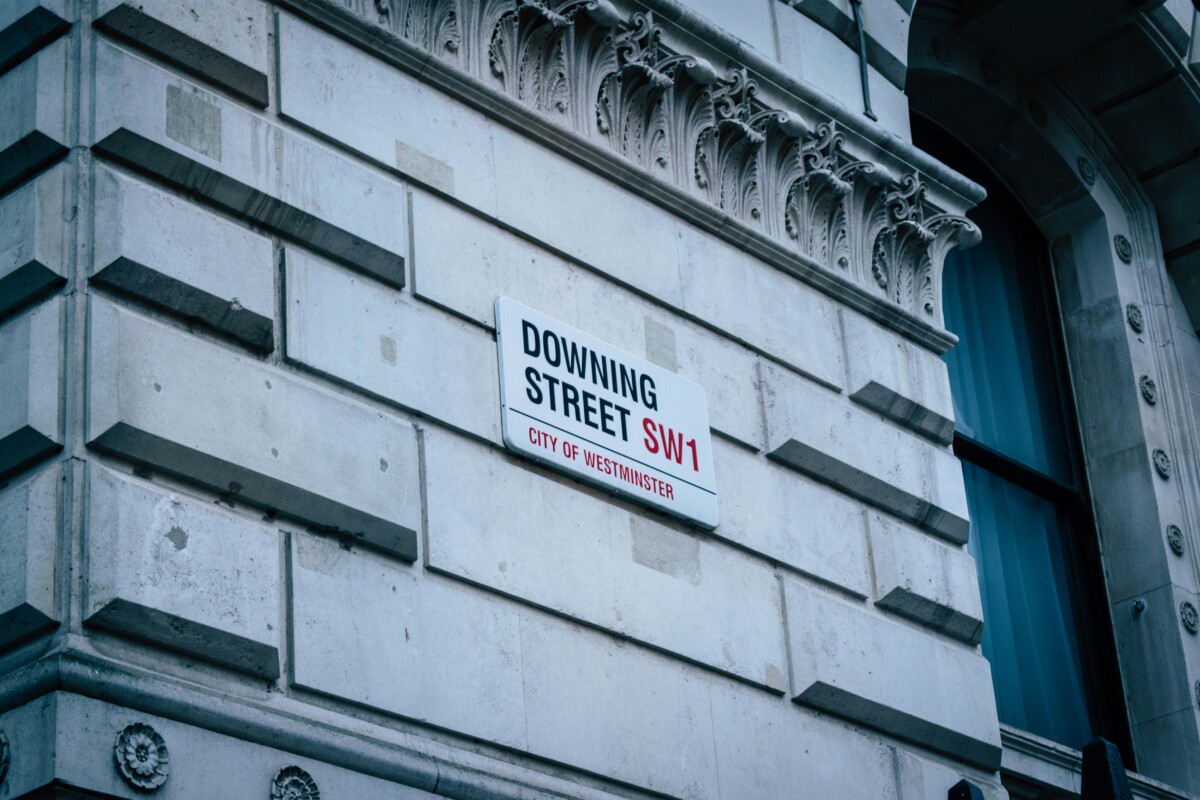Why Corporate Marketing Supply Chains Are Undermining Sustainability Ambitions
Listen to the full podcast episode on YouTube, Spotify, and Apple Podcasts.
The Marketing Materials Blind Spot 🧩
Lauren’s time in marketing procurement highlighted a glaring disconnect between sustainability ambitions and the day-to-day decisions made when sourcing branded materials.
⚠️ Key Issues Identified:
- Physical marketing materials (POS, merchandise, branded assets) often escape sustainability scrutiny.
- Procurement focuses on cost and speed — sustainability is rarely factored into supplier selection.
- Sustainability functions sit in corporate affairs, far removed from operational decision-making.
Lauren explained:
“The sustainability team was closely aligned to external communications, so the focus was on reporting and reputation management. Day-to-day procurement decisions? That wasn’t part of the conversation.”

Short-Term Costs vs Long-Term Impact 💸
🔎 Marketing procurement teams typically work to short lead times and tight budgets. This often means selecting suppliers based on:
- ✅ Price
- ✅ Speed of delivery
- ✅ Ability to meet brand aesthetic requirements
What’s missing?
❌ Lifecycle thinking — where materials come from, how they’re made, and where they end up.
❌ Supplier audits — ensuring ethical and environmental standards in the supply chain.
“There was this assumption that if suppliers delivered on time and on budget, the environmental or social risks were someone else’s responsibility.”
What Gets Measured, Gets Managed 📊
Lauren proposed introducing lifecycle assessments for all branded marketing materials — tracking environmental and social impacts from:
- 🌍 Raw material extraction
- 🏭 Production and distribution
- 🎉 Use in marketing campaigns
- 🗑️ End-of-life disposal
The idea was rejected.
Why?
“It was seen as too disruptive — it would have forced teams to confront the real cost of these materials.”
This highlights a common corporate failing — sustainability seen as a comms tool rather than an operational priority.
Procurement Needs a Rebrand 🚀
If companies are serious about embedding sustainability across their operations, procurement must evolve from: 🚫 A cost-cutting function
✅ To a strategic enabler of sustainability
Lauren’s research found that the most impactful companies:
- Involve procurement teams in sustainability strategy from day one.
- Give procurement the authority to challenge unsustainable materials and suppliers.
- Measure procurement success not just on cost and speed, but also on environmental and social outcomes.

The Disconnect Hurting Green Claims 🌍⚖️
With green claims legislation tightening, companies will soon need to prove that sustainability commitments extend beyond their products.
Lauren stressed:
“There’s a critical gap between the headline sustainability commitments brands make and the materials they use to promote themselves.”
Without transparent oversight across all marketing and branded materials, companies risk:
- ❌ Greenwashing accusations.
- ❌ Loss of consumer trust.
- ❌ Non-compliance with emerging regulations.
What Needs to Change 🛠️
For companies to align their marketing supply chains with their sustainability commitments, they need to:
- 🔗 Embed sustainability directly into procurement processes.
- 📝 Develop clear sustainability criteria for marketing materials.
- 📢 Ensure sustainability teams have a say in supplier selection.
- 📊 Track environmental impacts across all marketing materials, not just product packaging.
- 🏅 Recognise procurement teams for driving sustainable outcomes, not just reducing costs.
“Sustainability has to sit where the money is spent — and that means procurement.”
Conclusion: Sustainability Is an Operational Issue, Not Just a Brand Story
Sustainability strategies will always fall short if companies fail to apply the same rigour to their marketing materials as they do to their core product lines.
💬 Lauren’s experience exposes a critical governance gap — one that leaves marketing materials outside sustainability oversight, even as they flood bars, events, and retail spaces across the world.
✅ For companies to truly deliver on their green promises, sustainability must move beyond corporate reports and into every supplier contract, creative brief, and procurement decision.
Sponsored by...
The Mark of Editorial Integrity
👉 Learn how truMRK helps organisations strengthen the credibility of their sustainability reports.
Want to be a guest on our show?
Contact Us.
The Responsible Edge Podcast
Queensgate House
48 Queen Street
Exeter
Devon
EX4 3SR
Recognition.
Subscribe Now.
Subscribe below to receive a monthly email featuring all new episodes of The Responsible Edge Podcast.
© 2025. The Responsible Edge Podcast. All rights reserved.
The Responsible Edge Podcast® is a registered trademark.
Sponsored by truMRK
© 2025. The Responsible Edge Podcast







